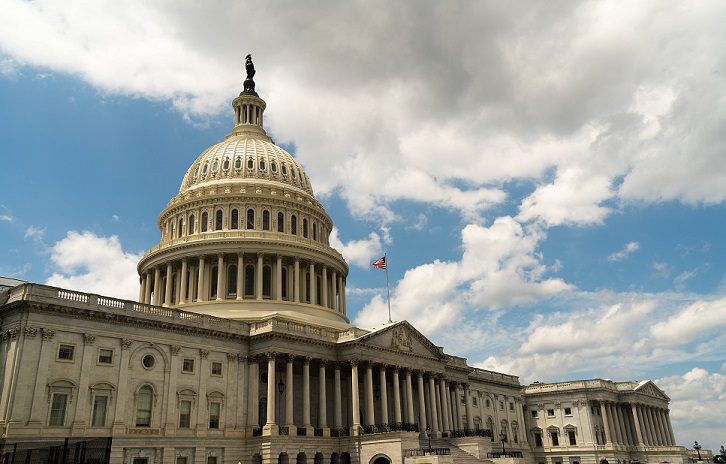
Government Debt Anxiety
10/30/2023
Our society is becoming more anxious. The pandemic made matters worse. Until recently, I believed I was not affected by the negative shift in mental health. Now, I must confess that is no longer true. I have developed two forms of anxiety disorder, and they might both be specific to me.
First, I cannot help but be anxious about the level of US government debt, including the forecasts that it is going to get worse. Second, I get worried about the lack of anxiety in others relating to our debt problem. Younger generations seem to be most prone to anxiety. I have read many articles which explain how climate change induces stress in Millennials and Gen Z. I have seen nothing, however, that indicates these younger generations worry about how their future financial well-being could be harmed by profligate government spending. This apparent lack of meaningful concern, or even awareness, is mirrored by our Federal government leaders. Words are cheap: action is what matters. The reality is that large Federal budget deficits have become accepted as normal over the last 10-15 years. Pork is always on the menu in Washington.
Are my anxieties justified? When I emigrated to the US in 1996, the Federal government debt was $5 trillion. Today, it is over $32 trillion. The Congressional Budget Office (CBO) forecasts that number to grow by a further $20 trillion by 2033. A more relevant measure is the proportion of debt to GDP, which was about 64% in 1996. Today, the debt-to-GDP ratio is almost 120%, very similar to its peak just after World War II. We are now more debt-laden than most of Africa. Among more developed countries, our debt ratio is higher than most everywhere except Italy and Japan.
And, of course, debt has become more expensive. The CBO projects that annual net interest costs will total $663 billion in 2023 and almost double over the upcoming decade, reaching $1.4 trillion in 2033. According to the CBO’s projections, interest payments will account for 35% of all federal revenues by 2053!
If I was receiving therapy for my anxieties, I imagine I would hear reassuring comments about how growth in the economy will make the projections on our debt overly pessimistic. I might even receive an explanation of modern monetary theory and how the size of our debt does not matter too much. I am sure I would have to be on medication before I accepted those arguments as valid.
Maybe I should not have the quaint belief that uncontrolled debt has consequences, but I am too old to change now. Maybe I should comfort myself that this is a problem for the next generation, but I cannot ignore the mess we are leaving for our children.
Am I getting you worried? I hope so. The more of us who care about this, the better. Our political representatives are unlikely to do much about reining in debt without a steady push from their voters.
Richard Rushton

